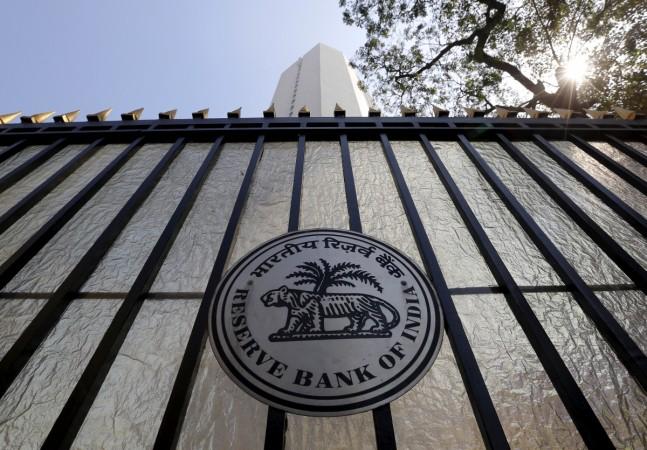
For the first time, the appointment of the governor of Reserve Bank of India (RBI) will follow a process common to appointment of other regulators in the country, reported the Times of India. India's other premier regulators of pension fund, insurance and capital markets (Sebi) are short-listed by a high-level search committee.
Though the panel recommendations are not abiding on the government, the process allays speculations on the appointment process. It will be the first time that RBI governor will face a committee, ending a special treatment of the 'chosen one' practised until now to appoint the central banker. In the present context, it allows for the possibility of conjecturing that the present Governor, Raghuram Rajan, might either have his name mentioned by the panel or the government may chose to apply its volition.
ToI reported that talks at the official circle indicate a second term for Rajan despite a few frictions on issues like rate cuts or Make in India. Without soaking itself excessively into the appointment process, which has already attracted undue media attention, the government may like it to be an administrative decision, it added.
The decision to break away from the tradition, and bring in the committee was taken by Prime Minister Narendra Modi, in consultation with the finance minister, much earlier. The cabinet secretary was assigned this high profile recruitment drive and was asked to name (not short list) a governor each time the term ended.
The search committee recommendation will be finally sent to the appointments committee of the cabinet (CCA) headed by the PM. The search committee, called the financial sector regulatory appointment search committee (FSRASC), was set up last year and its aim to reduce discretion in appointment to sensitive posts across India's institution. It is also assigned with the paramount task of putting up a single name avoiding further political interference.








